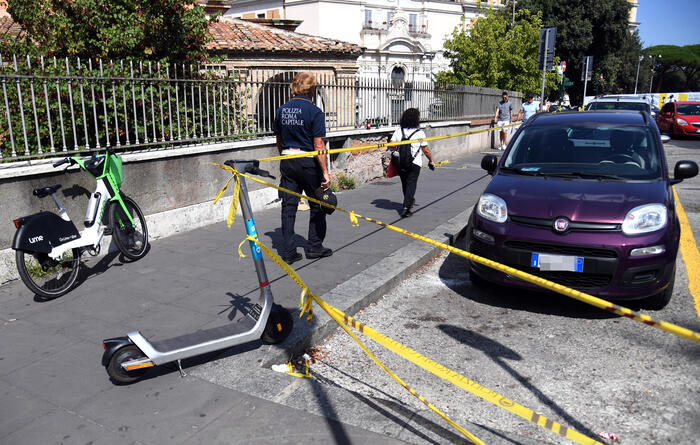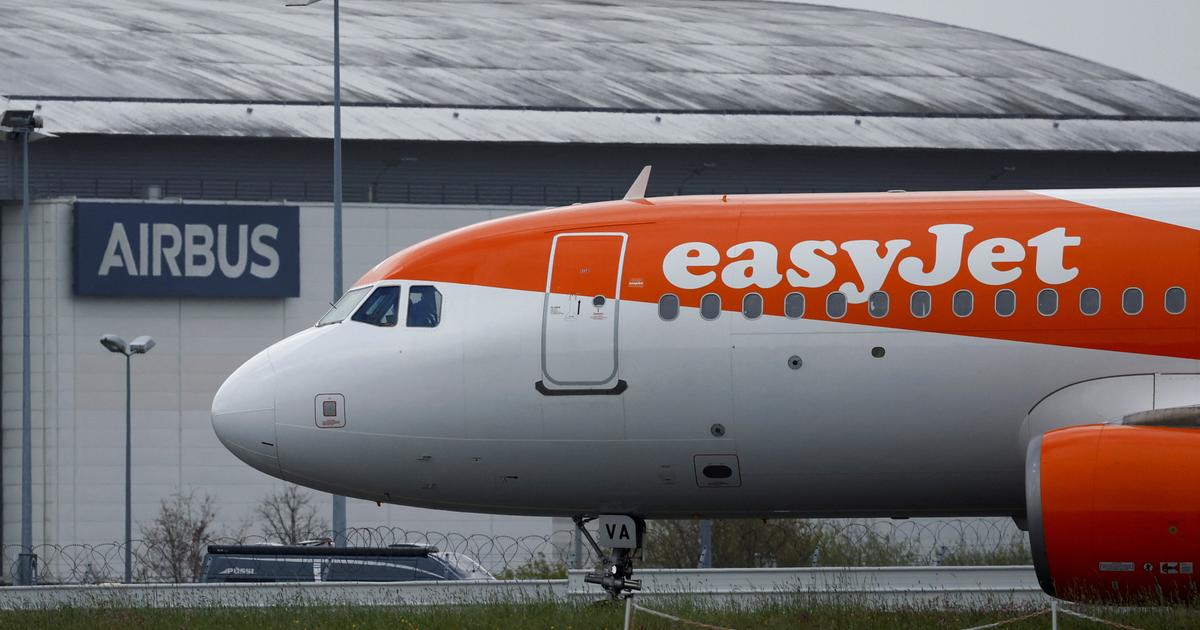In freezing temperatures, black ice and snowstorms, there are more comfortable vehicles than an e-scooter. With their small tires and weak brakes, the electric scooters are not an ideal winter vehicle, in fact, even in the fall foliage, they are a slippery affair.
But the big providers do not just want to take it that way. They are trying to save the summer trend in 2019 with all their might in the winter. It will be the first test for the still young industry.
Many of the companies have only been in business for about a year, only in June they were allowed in this country in the street. The competition is tough, especially from the big American vendors like Lime, Bird and Uber. In the first cities, a supersaturation has already begun: There are 11,000 scooters according to the mobility consultants Civity in Berlin and 7500 in Hamburg, but borrowed they are now apparently less common than the market launch. The novelty value has worn off. Experts are now waiting for the big consolidation - and all providers hope to survive the winter.
The Berlin-based provider Tier has bought new scooters for the cold season. The winter variant of the Tier Scooters has larger tires, a rear-wheel drive, a stronger front light and a significantly higher weight. 29 instead of 21 kilograms, the model weighs, so it should be better on the road. For the current, after only four months discarded fleet, the company has other plans. It is sold in an online store.
"As there is currently a very high demand for electric scooters, we believe that many consumers will be interested in our high-quality models", a spokesman praises the scrapped scooter full-bodied, especially as the equipment would be overhauled and sold with a one-year warranty. Insurance badge and helmet will supply the provider. The scooters are neither winter-ready nor as new - but at least cheaper. They should cost 699 euros. New they are likely to be around 1200 euros, says Tier.
The Swedish lender Voi has, unlike the Berlin competition, already a Scandinavian winter behind. At that time, they even experimented with spikes, says Germany boss Claus Unterkircher, "but they were not ready for production". Instead, the scooters were deactivated on a total of ten days due to particularly bad weather. Similarly, Voi and its many competitors want to handle this country - also for lack of better alternatives. In Stockholm, for example, the company throttles its scooters remotely with light ice, in Germany such a cruise control is not permitted.
"Of course, a weather-related decline in rides is to be expected"
The question remains about the money. Hardly a scooter lender writes black numbers, the vendors keep their business model with plenty of risk capital alive. Bigger losses can quickly become a problem. "Of course, with a weather-related decline in the rides to be expected," says the American company Bird , only with accurate forecasts to hold back. How high the decline is, depends on the temperatures and rainfall - and a hard winter survives only with sufficient stocks.
Tier already collected money for safety reasons: at the beginning of October, the company announced the successful conclusion of a $ 60 million financing round, including investments by the German branch of the Swiss insurer Axa. Voi is also collecting new capital at the moment - and is betting on fast growth with fierce prices of 15 cents a minute. Nobody wants to give up the market first, all providers want to experience the spring still.
At the latest then the companies want to lower their costs. Currently, more than half of the spending is spent collecting and recharging heavy equipment. By contrast, the new scooters from Tier are already working with replaceable batteries, which make a night-time removal by van superfluous. Cargo bikes are enough for the small batteries. Voi wants to introduce such a system in Germany at the beginning of 2020, and by the end of the year there will be first tests in individual cities. Good for a sustainable image, good for the skyrocketing costs - assuming the batteries are not stolen.









/cloudfront-eu-central-1.images.arcpublishing.com/prisa/DIAGMBIFCBFTJADD5SB7GXXY2A.jpg)


